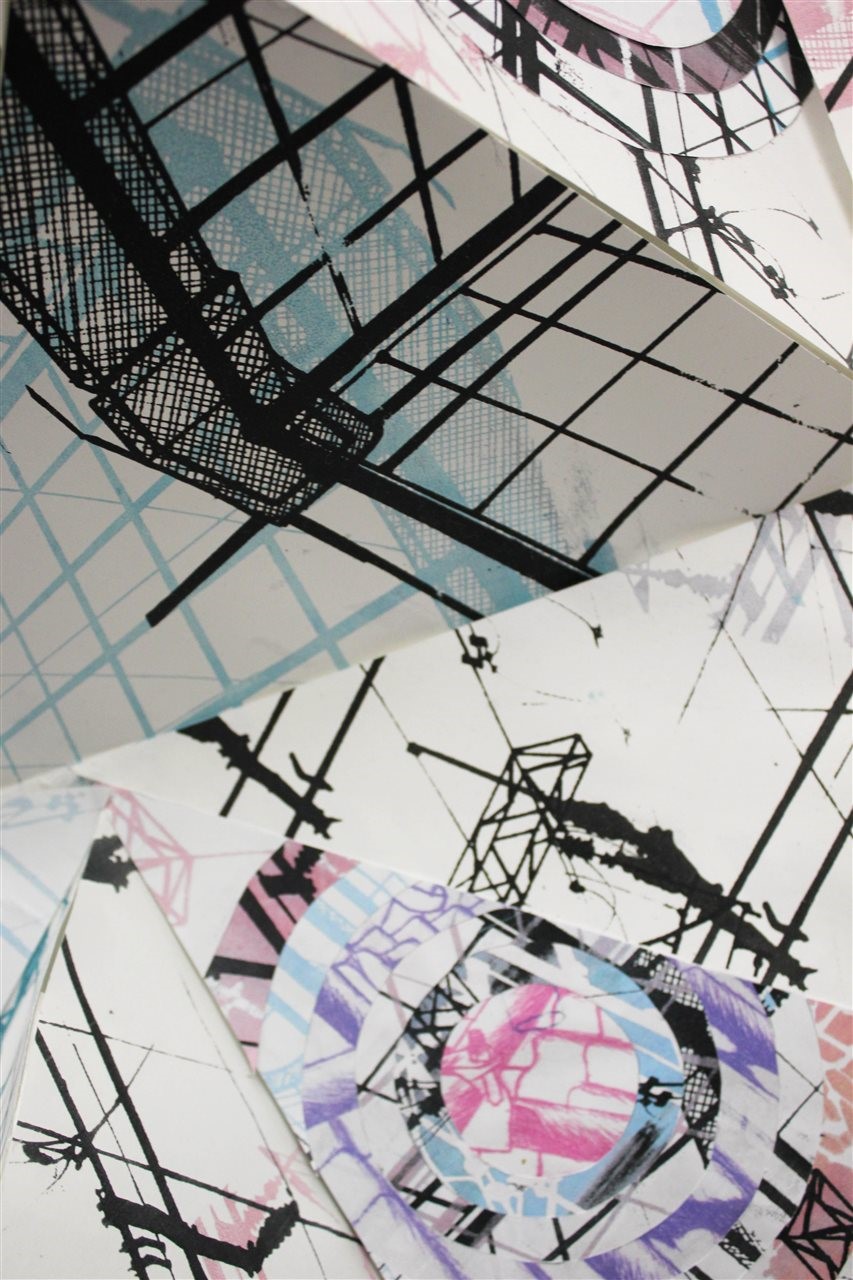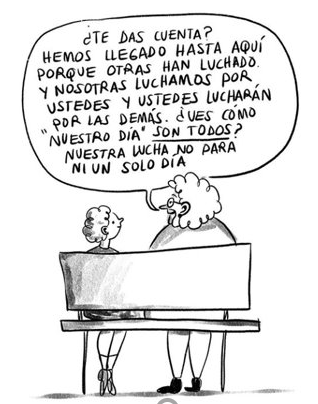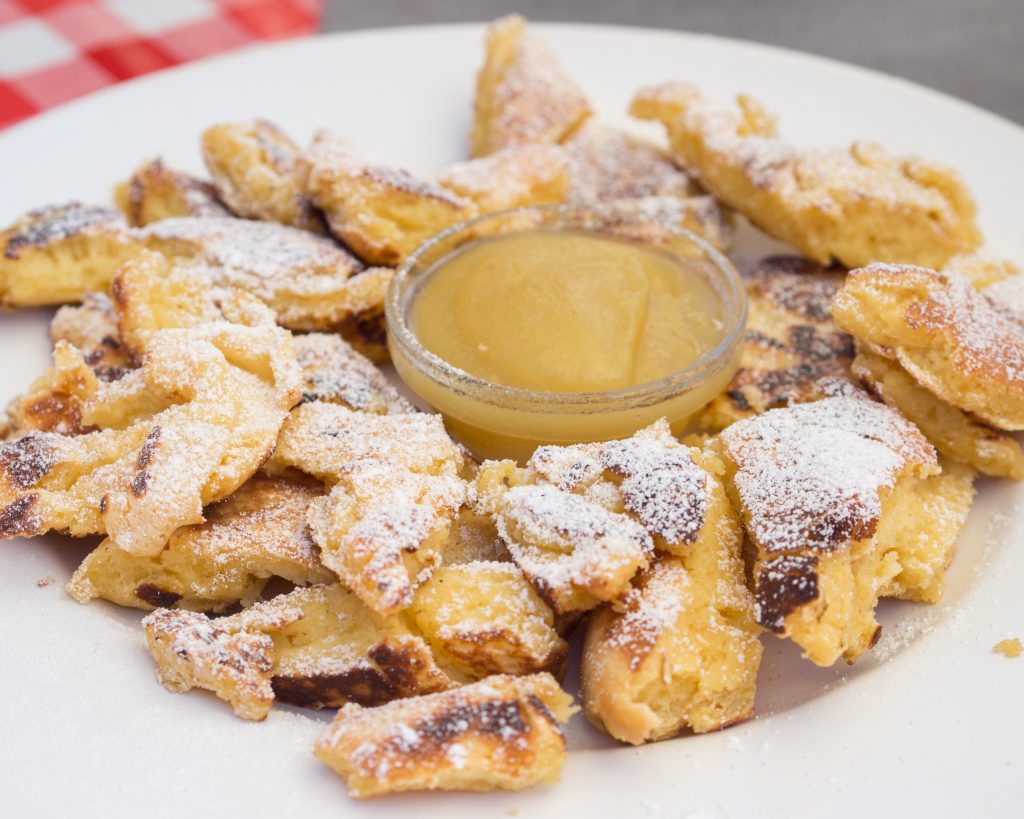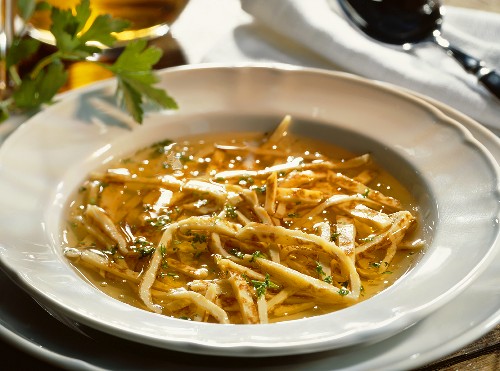Watch Siobhan (Year 7) singing “Love Wounds爱殇 àishāng” in Mandarin, whilst accompanying herself on the piano. Follow the lyrics in Mandarin here!
mù sè qǐ kàn tiān biān xié yáng
暮 色 起 看 天 边 斜 阳
huǎng hū xiǎng qǐ nǐ de liǎn páng
恍 惚 想 起 你 的 脸 庞
bì jìng huí xiǎng
毕 竟 回 想
nán miǎn tú zēng gǎn shāng
难 免 徒 增 感 伤
qīng tàn xī
轻 叹 息
wǒ men nà xiē hǎo shí guāng
我 们 那 些 好 时 光
yè wèi yāng fán xīng luò yǎn kuàng
夜 未 央 繁 星 落 眼 眶
shí yí duàn róu ruǎn de guāng máng
拾 一 段 柔 软 的 光 芒
qīng fēng guò yè zhú guāng
清 风 过 曳 烛 光
dú wǔ wú rén xīn shǎng
独 舞 无 人 欣 赏
liú huā bàn suí fēng piāo dàng
留 花 瓣 随 风 飘 荡
wǒ yào jiāng guò wǎng dōu chǔ cáng
我 要 将 过 往 都 储 藏
biān yí duàn méi hǎo de mèng xiǎng
编 一 段 美 好 的 梦 想
yé xǔ huàn xiàng
也 许 幻 象
dào zuì hòu huì gèng shāng
到 最 后 会 更 伤
jiǎ huān chàng yòu hé fáng
假 欢 畅 又 何 妨
wú rén gòng xiǎng
无 人 共 享
nǐ céng jīng shì wǒ de biān jiāng
你 曾 经 是 我 的 边 疆
dǐ kàng wǒ suó yǒu de bēi shāng
抵 抗 我 所 有 的 悲 伤
xī fēng cán gù rén wǎng
西 风 残 故 人 往
rú jīn bèi ài liú fàng
如 今 被 爱 流 放
kùn zài le yǎn lèi zhōng yāng
困 在 了 眼 泪 中 央
qīng jiě ní cháng
轻 解 霓 裳
yān lèi huàn xiào zhuāng
咽 泪 换 笑 妆
děng nǐ róng zhuāng
等 你 戎 装
qù hū xiào cāng sāng
去 呼 啸 沧 桑
guò wǎng zhōng jiū
过 往 终 究
zhǐ bú zhù liú tǎng
止 不 住 流 淌
qù yù jiàn fēi xiáng
去 御 剑 飞 翔
yé xǔ huì fēi chū zhè gǎn shāng
也 许 会 飞 出 这 感 伤
mù sè qǐ kàn tiān biān xié yáng
暮 色 起 看 天 边 斜 阳
yè wèi yāng xīng hé dú liú tǎng
夜 未 央 星 河 独 流 淌
tiān qíng lǎng hǎo fēng guāng
天 晴 朗 好 风 光
ruò nǐ bú zài shēn páng
若 你 不 在 身 旁
néng shàng cāng qióng yòu zěn yàng
能 上 苍 穹 又 怎 样
chuán guò kōng gǎng
船 过 空 港
jiāng jì mò huàn yǎng
将 寂 寞 豢 养
kuàng yě shuāng jiàng
旷 野 霜 降
dī chuí le lèi guāng
低 垂 了 泪 光
shì shuí yǔn luò le
是 谁 陨 落 了
wǒ de tài yáng
我 的 太 阳
shì nǐ de mú yàng
是 你 的 模 样
dài zǒu wǒ suó yǒu de guāng máng
带 走 我 所 有 的 光 芒
yáng fān yuǎn háng
扬 帆 远 航
dí bú guò páng huáng
敌 不 过 彷 徨
nài hé liú fàng
奈 何 流 放
dí bú guò cāng liáng
敌 不 过 苍 凉
wǒ yào qián rù
我 要 潜 入
huí yì de wāng yáng
回 忆 的 汪 洋
xún nǐ de mú yàng
寻 你 的 模 样
wéi yǒu nǐ shì wǒ de tiān táng
唯 有 你 是 我 的 天 堂
wéi yǒu nǐ shì wǒ de tiān táng
唯 有 你 是 我 的 天 堂










